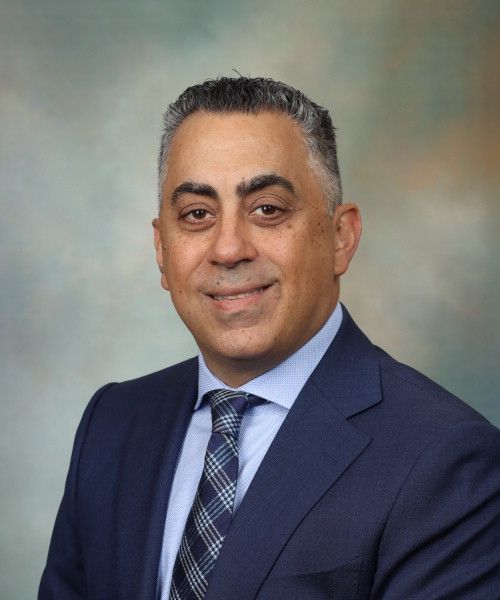
Tanios S. Bekaii-Saab, MD, on Genomic Drivers in Cholangiocarcinoma at ASCO 2021

At the 2021 American Society of Clinical Oncology Annual Meeting, CancerNetwork® spoke with Tanios S. Bekaii-Saab, MD, about genomic drivers in cholangiocarcinoma.
At the 2021 American Society of Clinical Oncology (ASCO) Annual Meeting, CancerNetwork® spoke with Tanios S. Bekaii-Saab, MD, about genomic drivers in cholangiocarcinoma. Notably, cholangiocarcinoma is a genomically diverse disease, with 2 main drivers that have current FDA-approved targeted agents.
Transcript:
Biliary tract cancers are very interesting, especially intrahepatic cholangiocarcinoma; we are seeing more of this strictly [in] extrahepatic cholangiocarcinoma [and] even gallbladder. This disease is so anatomically diverse, but also genomically very diverse. We just recently started to break down the disease by site [and], more importantly, by genomic driver. In intrahepatic cholangiocarcinoma, there are 2 main drivers that we know of that now have either a drug [approval] or [one that is] on its way to possibly being approved.
For FGFR fusions, we know now that we have 2 agents approved. That [represents] about 10% to 15% of all patients with intrahepatic cholangiocarcinoma. To put that again in perspective, we are talking about 3000 to 5000 patients a year in the United States. That is a rare patient population that we are splitting into pieces. The FGFR-targeted agents are pemigatinib [Pemazyre] and infigratinib [(Truseltiq); those are the 2 drugs] approved for that space. Now, it turns out that there is another target that is very interesting, [which] is essentially an IDH mutation. Without really going through a lot of the biology, IDH1/2 is a key enzyme in cellular metabolism epigenetic regulation.
Reference
Makawita S, Borad MJ, Carapeto F, et al. IDH1 and IDH2 driven intrahepatic cholangiocarcinoma (IHCC): a comprehensive genomic and immune profiling study. J Clin Oncol. 2021;39(suppl 15):4009. doi:10.1200/JCO.2021.39.15_suppl.4009
Newsletter
Stay up to date on recent advances in the multidisciplinary approach to cancer.



































